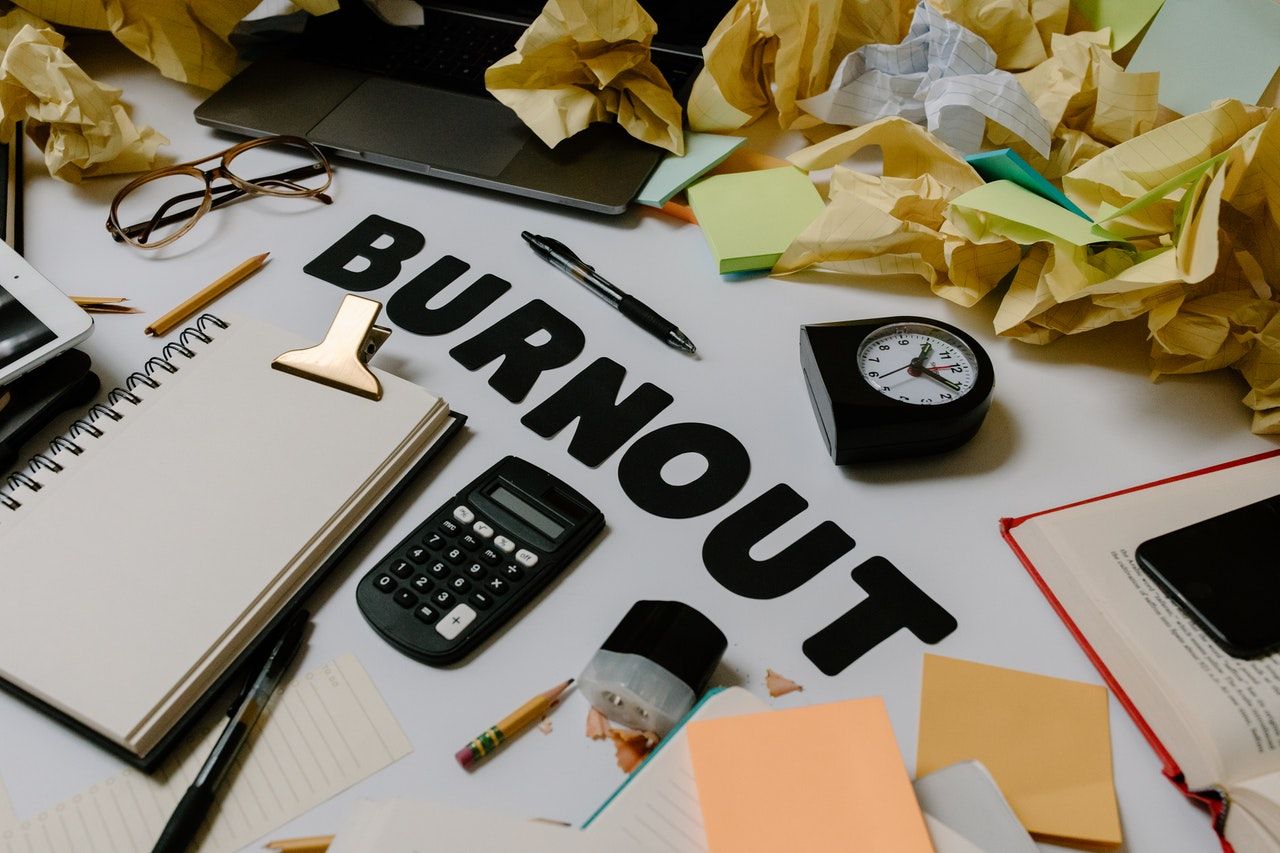Ever feel stuck at mundane work, constantly hustling on a dead-end job that never seems to see its end, endless tasks to do on each day, and barely able to catch breath just to unwind a little? It's called burnout for some reason, and people must have experienced that at least once or twice when feeling overwhelmed or tired. Burnout is mostly caused by reduced performance in the workplace that at times leads to certain types of withdrawal, such as intention to resign. Burnout usually happens in five stages.
 Ilustrasi burnout akibat pekerjaan/ Foto: Anna Tarazevich/Pexels Ilustrasi burnout akibat pekerjaan/ Foto: Anna Tarazevich/Pexels |
1. Honeymoon Phase: this is experienced when a person starts a new job, with intense enthusiasm and commitment, eventually energy would be used to succeed to meet the demands of the new role.
2. The Onset of Stress: once the honeymoon phase is over, the excitement of a new job would eventually disappear and start to notice the faults in the new job or company they're in. This would eventually lessen optimism and increase stress instead.
3. Chronic Stress: followed by stress, chronic stress stage would become more intense and physical symptoms might appear. It usually appears in one's mental health, such as lack of motivation and stress.
4. Burnout (Crisis Stage): people usually hit their breaking point at this stage. Burnout would become more physical, as people tend to feel empty and separated from their lives as if they had lost control.
5. Habitual Stress (Enmeshment): when someone hits this stage, it's advised to seek professional help. Chronic long-term illness might appear as people who are experiencing this might not realize they're having burnout.
Some people who are experiencing burnout tend to choose the easiest exit: resignation. Work should be enriching and enlivening, rather than diminishing. If a job makes us feel undervalued, causes physical stress, forces you to work when you're exhausted, values a burnout culture that never pays attention to your mental well-being, or even never lets you have vacation or sick leaves, that might be your cue to leave your job.
 Ilustrasi burnout/ Foto: Tara Winstead/Pexels Ilustrasi burnout/ Foto: Tara Winstead/Pexels |
However, resignation is not always someone's choice, as they have financial responsibilities and can't simply resort to that. There's another way to reduce burnout, such as taking days off. It is advised to reduce burnout by getting away from the office and having some time off to unwind and whatever you want to do, especially when work and life no longer find its balance. Days off are often spent on vacation, for example, which can increase mental and physical health by improving mood and being less overwhelmed or anxious. Fully recharged employees would bounce back better and would be in better mental state to do better in their jobs, hence the necessity of taking vacations to avoid workplace burnout.
(DIG/HAL)





























